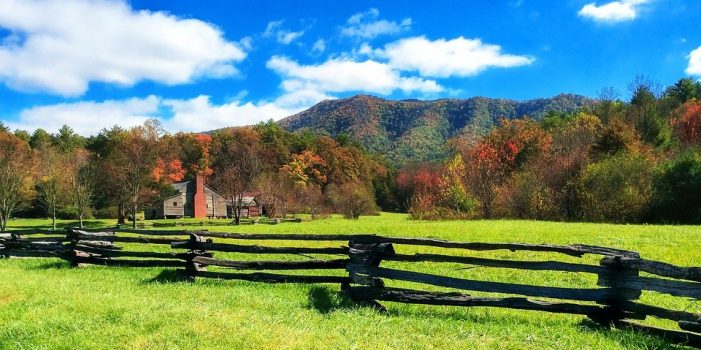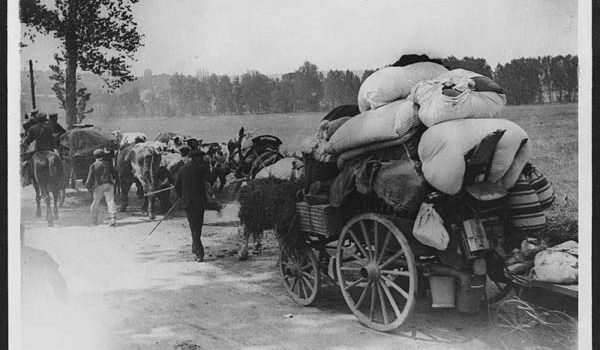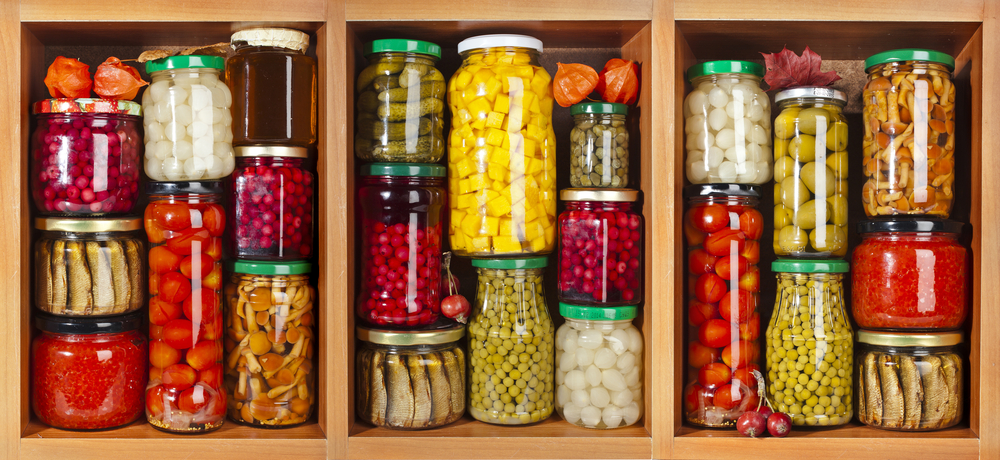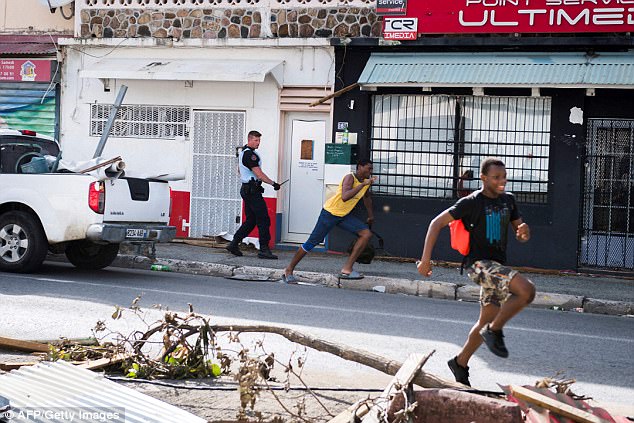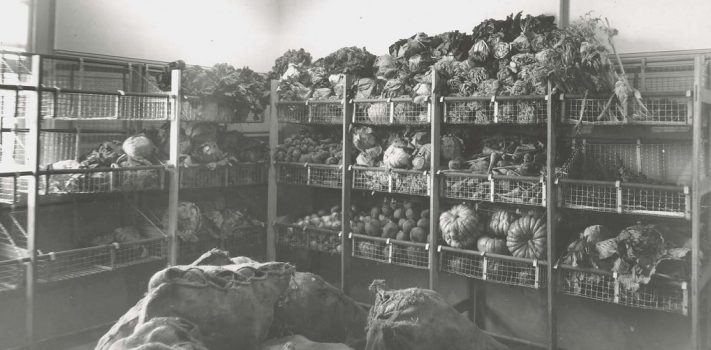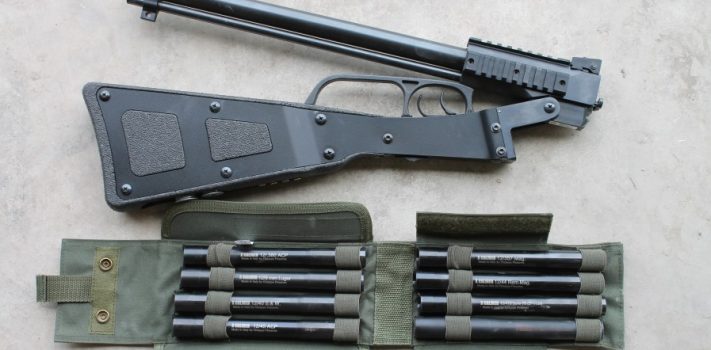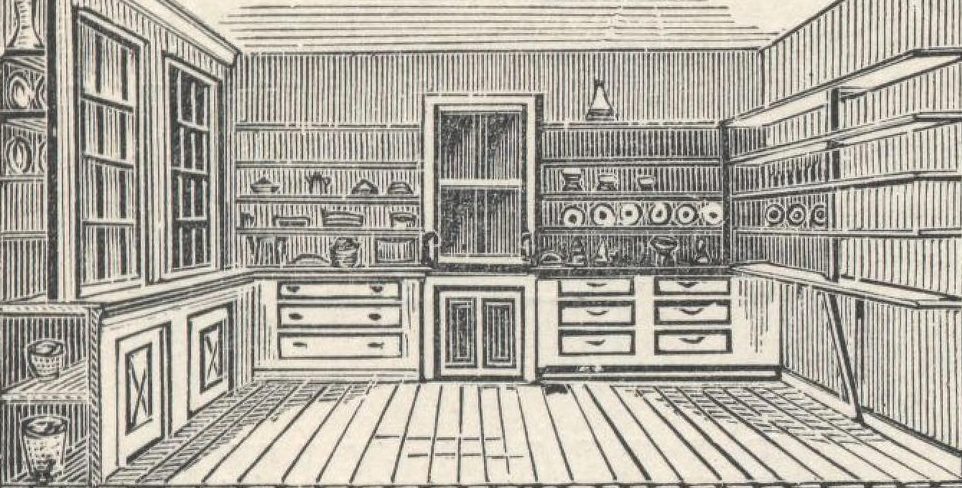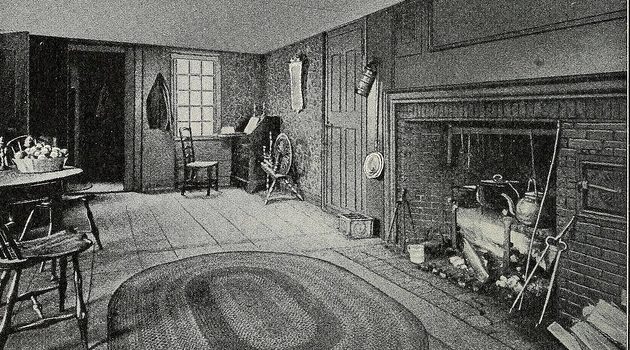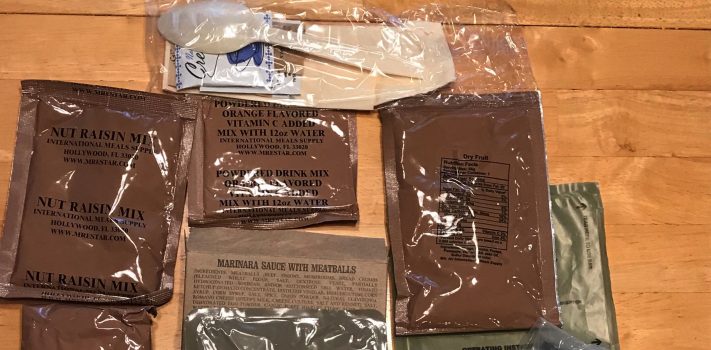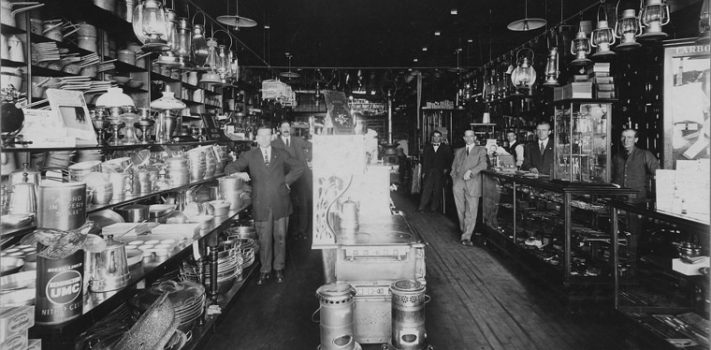Preparedness Lessons from the 1930s – Part 2, by J. E.
(Continued from Part 1. This part concludes the article.) Twice a year the cabin was emptied of everything. The walls, floors, and ceilings were scrubbed with lye soap and a bristle brush. All the belongings were also cleaned before they came back into the house. This was pest control and it was needed until DDT became available. Even then, bedbugs, lice, ticks and other creepy crawlies were a fact of life and were controlled by brute force. Failure to do so left you in misery and maybe ill. Foods were stored in bug proof containers. The most popular was fifteen …

